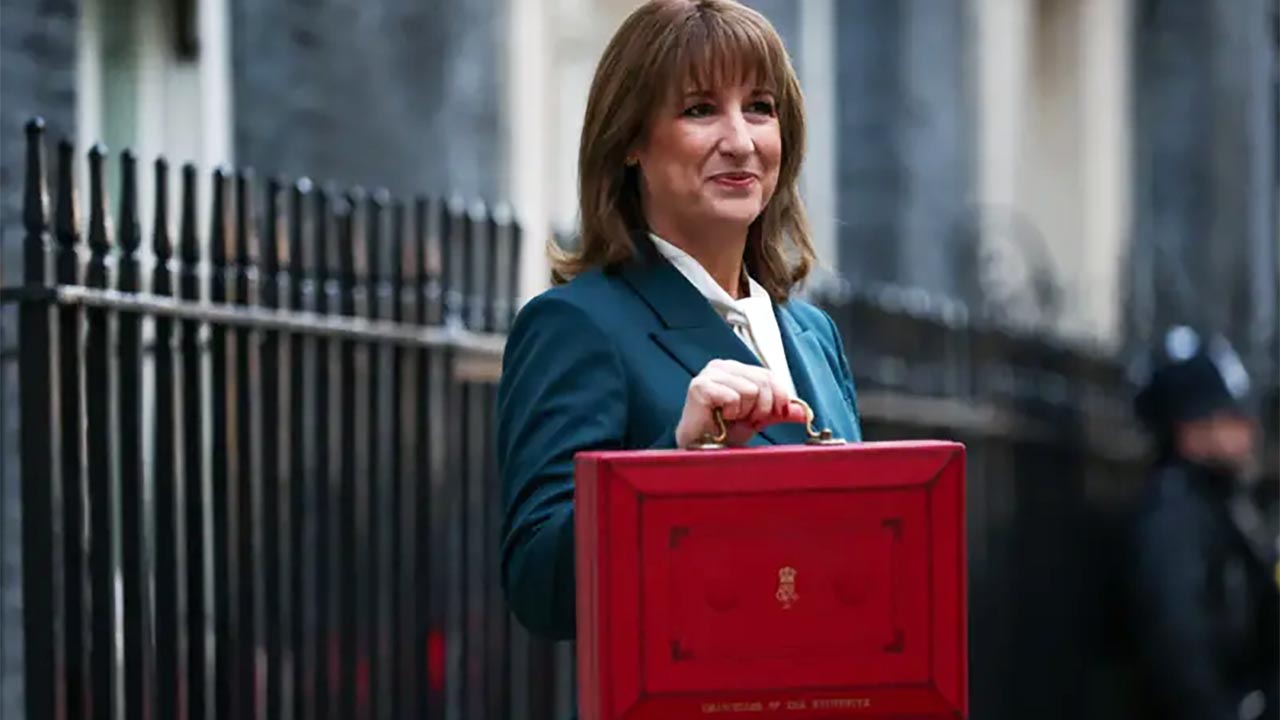A Merseyside solicitor is urging those paying for holidays, furniture, cars or other expensive items to pay at least in part by credit card as people prepare to spend on holidays and home improvements this Easter.
David Kirwan, managing partner at Kirwans law firm, said it is ‘crucial’ that people use their credit or store cards to pay for some or all of their purchase to benefit from consumer credit laws if things go wrong – or risk losing their cash.
His advice comes as retailers gear up for an Easter spending bonanza, with figures from American Express showing that last year UK respondents were planning to spend an average of £75 each on getting away from it all over the long weekend, while others were planning to spend £26 each on DIY.
David said: “Unfortunately, when spending a lot of money on purchases such as used cars, holidays or even kitchens, there is always a risk that something may go wrong, and our solicitors have seen a number of such cases occurring in recent months.
“One of my clients, for example, spent £12,500 on a car only to find 18 months later that it was not covered by the warranty because the garage that had sold it to her had not carried out the promised service, rendering the warranty invalid.
“Fortunately, the client had partly paid for the car by credit card, which means that her purchase was covered by Section 75 of the Consumer Credit Act. This little-known clause means that the credit card company has equal liability with the seller if you don’t receive the product, or if there’s something wrong with it. All you have to do to receive this extra protection is to use your credit card to pay for something costing between £100-£30,000.”
However, David explains, there are some simple rules that people need to follow for the law to apply. These include ensuring that you spend a minimum of £100 on one product, rather than buying two £75 products and then expecting the protection to kick in because the total cost is £150.
Using a delivery charge to nudge the bill to over £100 won’t work either – the product itself must cost a minimum of £100.
Also, you can only claim on Section 75 under two scenarios – the first being for breach of contract if you don’t receive what you’ve paid for or there’s something wrong with it; the second for misrepresentation if your decision to purchase is based on incorrect information.
However, you should always request a refund before taking legal action, and even if you’ve since closed your credit card account, you can still claim under Section 75.
“Of course, spending on credit card can bring with it its own problems,” says David, “so it is advised to pay off your credit card in full every time each month, but from a legal point of view, paying by credit card offers the best possible protection.”









